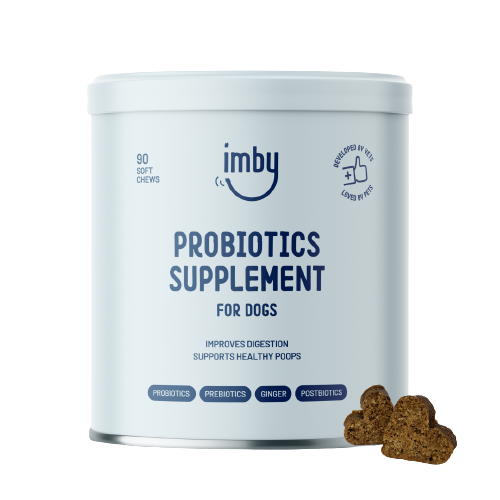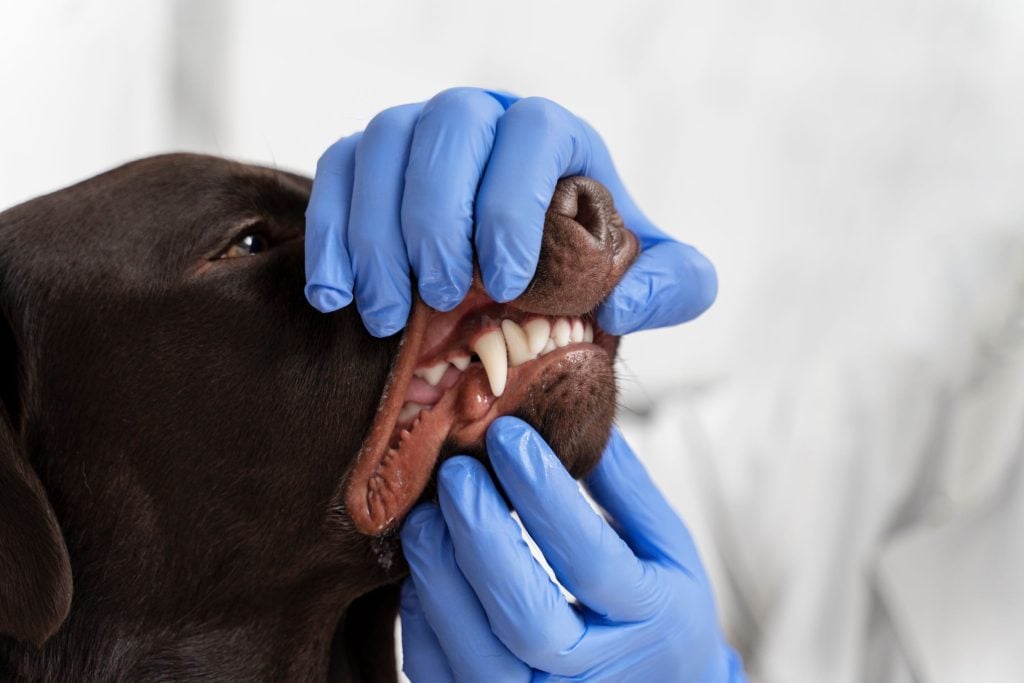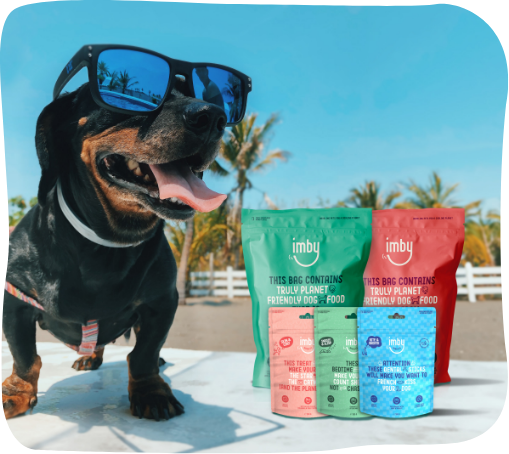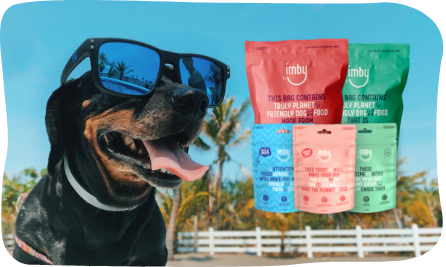Use code CHANGE20 for 20% off your first dog food order!
Use code CHANGE20 for 20% off your first dog food order!



Probiotics have gained popularity as dietary supplements—not just for humans, but for our dogs as well. These beneficial bacteria support gut health, digestion, and overall well-being. But while probiotics are generally safe, some dogs may experience mild side effects. In this article, we explore the potential side effects of probiotics in dogs and how to introduce them safely into your pet’s diet.
Although probiotics are well-tolerated by most dogs, a small percentage may experience temporary side effects as their digestive system adjusts. Here are some to watch for:
Mild, temporary diarrhoea is one of the most common side effects. This usually occurs as the body adapts to the new bacteria. It typically resolves within a few days.
Some dogs may experience increased gas when starting probiotics. This is usually short-lived as their digestive system gets used to the new bacteria.
In rare cases, a dog may experience mild stomach discomfort, such as vomiting or reduced appetite.
Some dogs may have softer stools or a slight change in stool frequency when starting probiotics. This usually settles within a few days.
If symptoms persist, consult your vet.
While uncommon, some dogs may be allergic to certain ingredients in probiotic supplements. Signs of an allergic reaction include itching, rashes, or facial swelling.
If you notice any of these symptoms, discontinue use and consult your vet immediately.
Most side effects are mild and temporary. However, if symptoms persist or worsen, it’s always best to seek veterinary advice.
Introducing probiotics gradually can help minimise digestive issues. Here’s how:
Start with a small dose and increase gradually over several days. Give probiotics with meals to aid digestion. Choose a high-quality probiotic recommended by your vet. And Monitor your dog’s reaction and adjust accordingly.
A gradual introduction allows your dog’s gut to adapt, reducing the risk of discomfort.
If you notice any side effects, take the following steps:
While probiotics are generally safe, there are situations where you should consult your vet first:
If your dog has pre-existing health issues, consult your vet before introducing probiotics. In most cases, probiotics are beneficial, supporting energy levels, gut health, and immunity. However, a vet can confirm whether probiotics are suitable for your dog’s specific condition.
Probiotics can be beneficial during and after an antibiotic course, but timing is crucial. Since antibiotics may destroy probiotics before they take effect, vets often recommend administering probiotics before and after the antibiotic treatment rather than simultaneously.
If your dog experiences severe digestive issues, such as bloody diarrhoea or frequent vomiting, seek veterinary attention immediately. These symptoms could indicate a more serious underlying condition that requires medical intervention.
Your vet can help determine the right probiotic type and dosage based on your dog’s individual needs.
Probiotics offer numerous benefits, including improved digestion, a stronger immune system, and better overall well-being. While side effects are rare and typically mild, introducing probiotics gradually and monitoring your dog’s response ensures a smooth transition.
Every dog is unique, so what works for one may not work for another. Always consult your vet before making dietary changes to ensure the best outcome for your pet’s health.
Would you like help choosing the right probiotic for your dog? Let’s find the perfect match for your furry friend!





It's all to make your browsing and shopping experience at Imby, a real treat! Read more about it in our Privacy Policy.
4.8 out of 5 stars
based on 1171 reviews



"*" indicates required fields